Some pets are low-key—they potter about, do their own thing, and don’t need much more than food, shelter, and a bit of love.
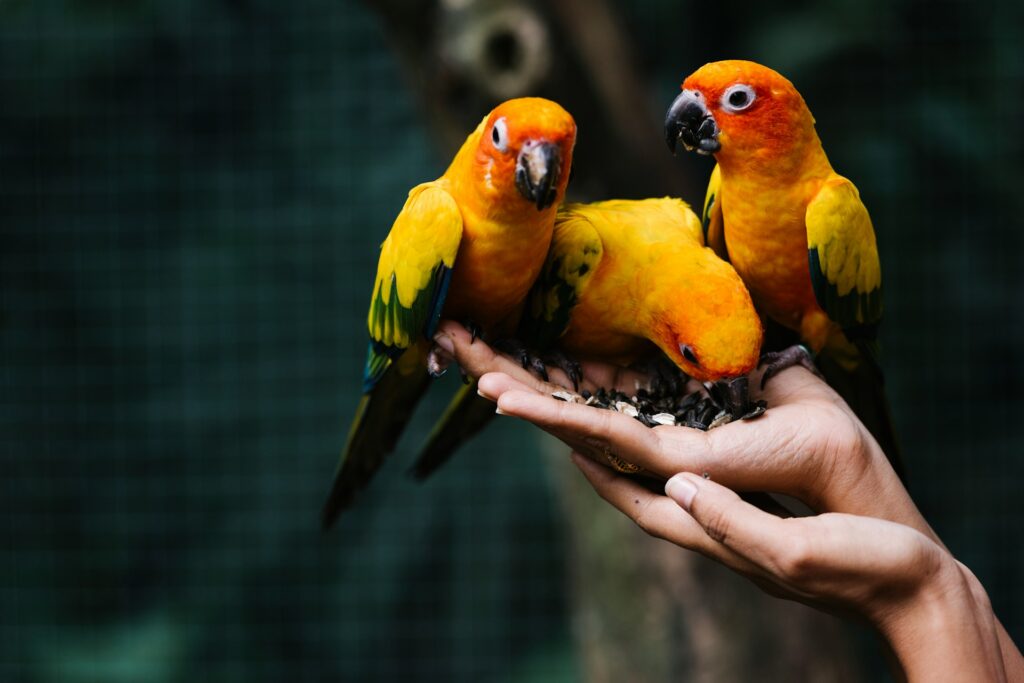
Others, however, are much more demanding. These are the pets that need your time, your energy, and quite often your money too. They’re not a bad choice, but they are a big commitment. If you’re thinking about getting one, it’s good to know what you’re signing up for. These are some of the most high-maintenance pets around—and what it really takes to look after them properly.
Parrots
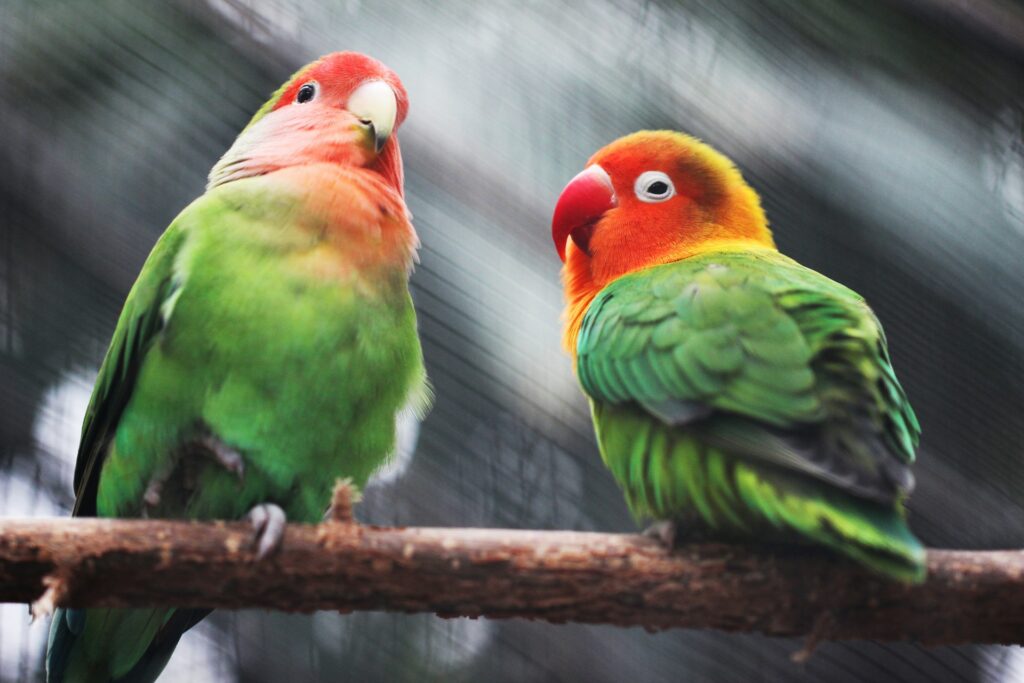
Parrots might be beautiful and clever, but they’re not for the faint-hearted. They live for decades, form deep attachments to their humans, and need daily mental stimulation. If they’re bored, they’ll let you know—usually with loud screeching or destructive behaviour. They need a proper diet, a huge cage (ideally with time outside it), and toys that get changed regularly. You can’t just leave them in a corner and expect them to entertain themselves. They want attention, conversation, and routine—and they don’t cope well when that’s taken away.
Ferrets
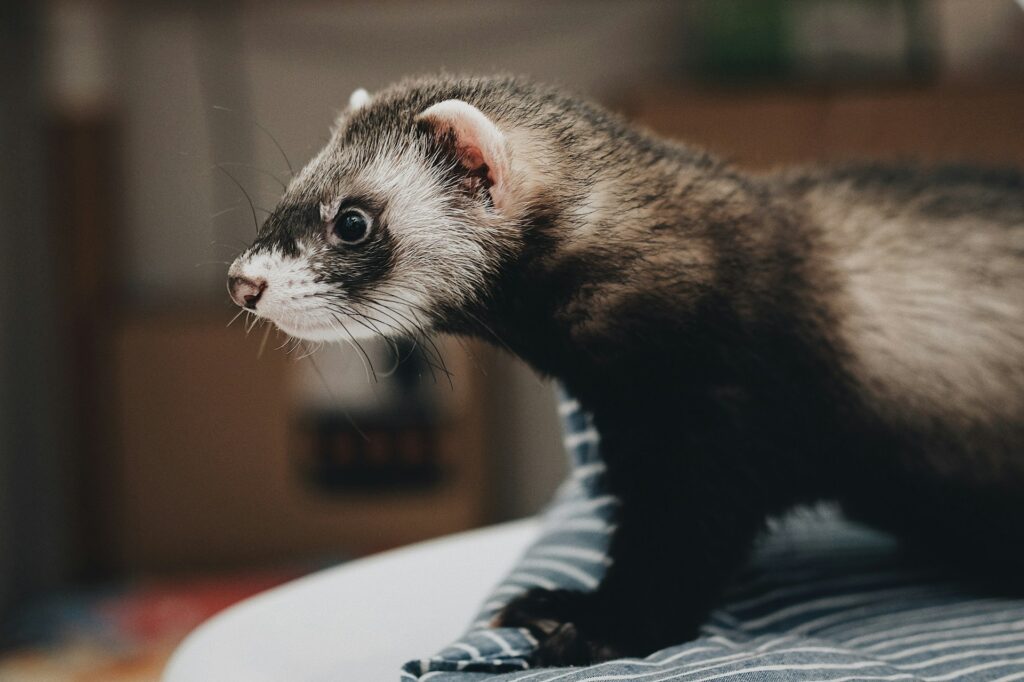
Ferrets are full-on. They’re smart, curious, and absolutely determined to get into things they shouldn’t. They need secure housing, supervised playtime every single day, and proper socialisation from the start. Ferrets also have a very distinct smell, even when they’re clean—and not everyone can live with that. You’ll need to keep their living space clean, handle them daily, and be prepared for the fact that they’ll steal anything small enough to drag under the sofa. They’re fun but exhausting.
Persian cats
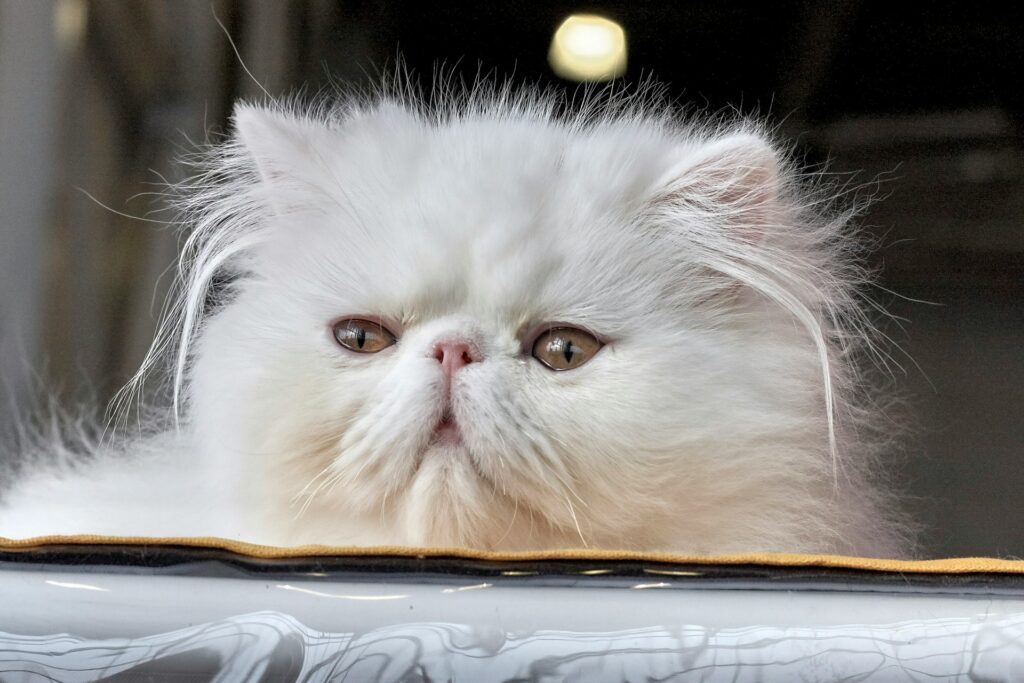
Not all cats are independent, low-maintenance creatures. Persian cats, with their long flowing coats and flat little faces, need regular grooming and vet care. Their eyes need cleaning, their coat mats easily, and their breathing can sometimes be affected by the shape of their face. They’re also prone to a few health conditions that mean you’ll likely be visiting the vet more than you’d like. If you want a cat that more or less looks after itself, this isn’t the one.
Border Collies

Incredibly bright and full of energy, Border Collies aren’t content with one walk a day and a quick game of fetch. They need structured mental stimulation, proper training, and plenty of physical exercise. Left to their own devices, they can develop obsessive behaviours or become destructive. They’re amazing companions if you can keep up with them, but they’ll drive you round the bend if you can’t meet their needs.
Aquarium fish (especially saltwater)
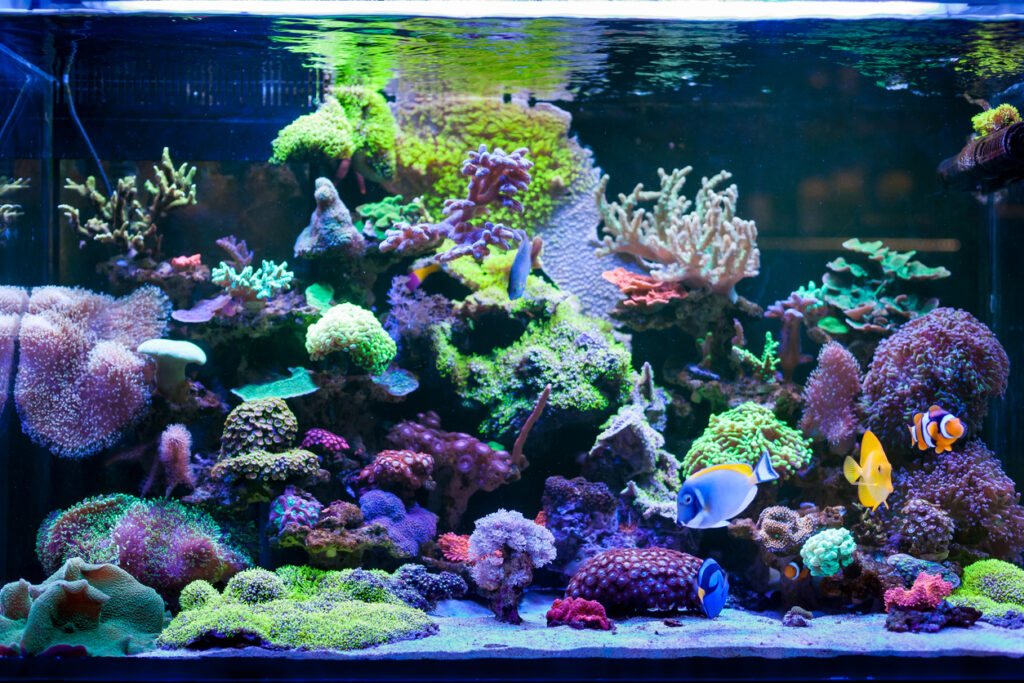
Fish might seem like a simple choice, but that’s not the case when you move beyond the basics. A well-maintained aquarium is a full-on responsibility. You need to keep the water at the right temperature, manage pH levels, monitor nitrate levels, clean the tank regularly, and keep the filters working properly. Saltwater fish add another layer of complication, as they tend to be more sensitive and expensive. It’s a peaceful-looking setup—but behind the scenes, there’s a lot going on.
Huskies

Huskies are beautiful, striking dogs, but they’re not easy. They shed constantly, have tons of energy, and are known for being escape artists. They can be loud, dramatic, and hard to train if you’re not experienced. This is not the dog for someone who just wants a bit of company on the sofa. Huskies need consistent routines, long walks, stimulation, and secure outdoor spaces. If you don’t give them what they need, they’ll find ways to amuse themselves—and that usually means chewing, digging, or howling.
Reptiles (especially iguanas and chameleons)
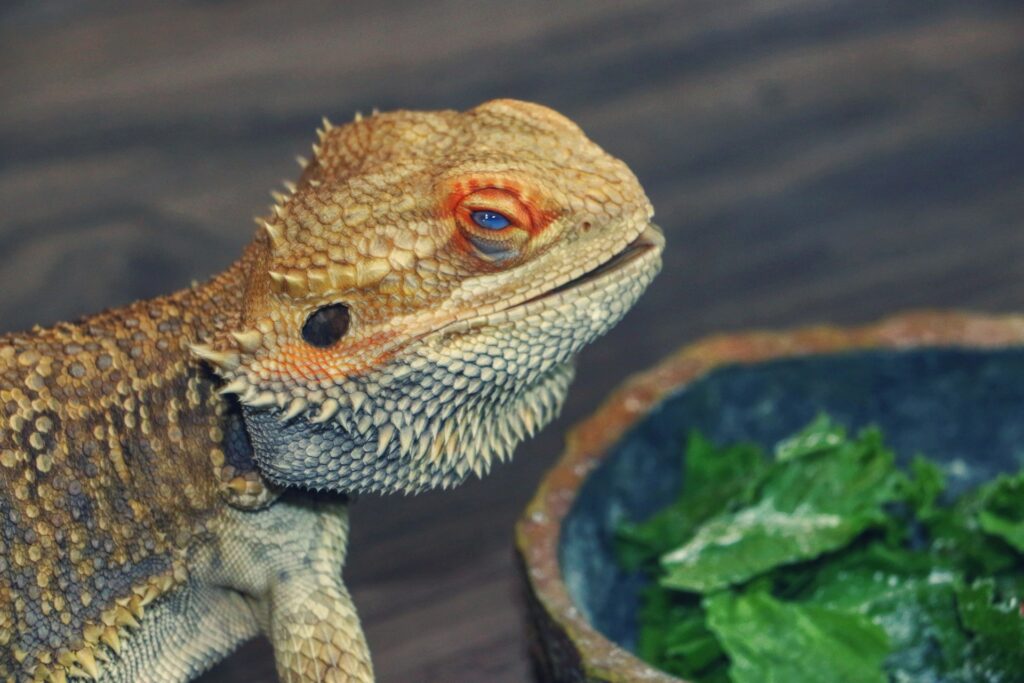
Reptiles need very specific living conditions. Temperature, humidity, lighting, and diet all have to be just right—and that often means investing in proper equipment and keeping a close eye on things. Iguanas grow far bigger than many people expect and can become territorial. Chameleons are delicate, stress easily, and don’t always thrive in captivity unless their environment is spot on. If you’re not into daily upkeep and monitoring, reptiles probably aren’t the right pet for you.
Rabbits
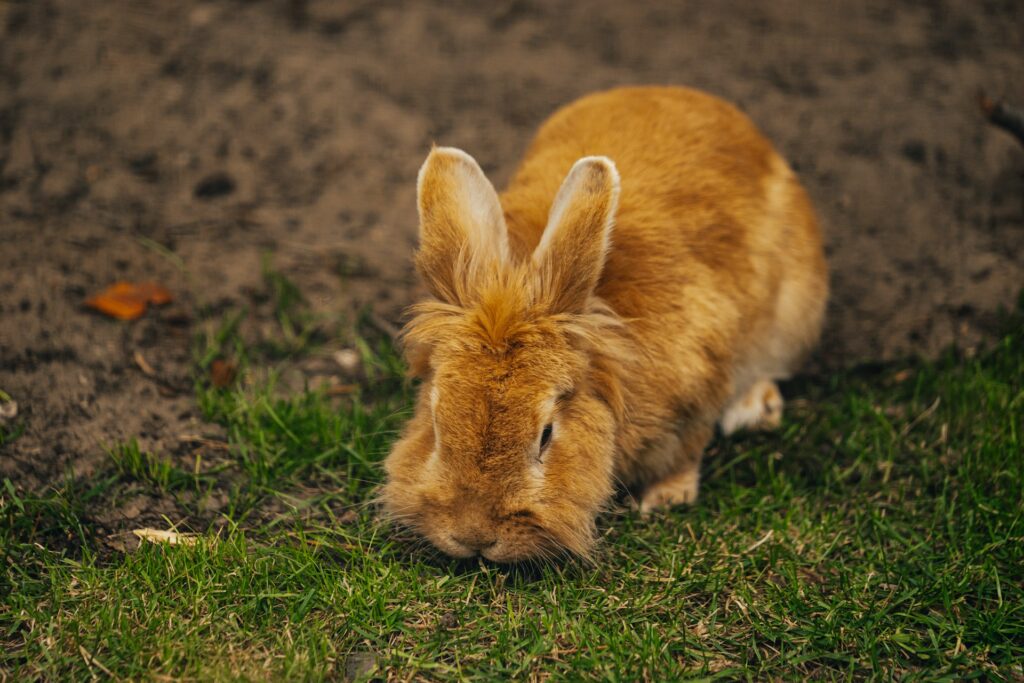
People often assume rabbits are easy pets, but they’re a lot of work. They need space to run, a proper diet that includes hay, fresh greens, and specialist pellets, and regular cleaning. They also need company (ideally another rabbit), stimulation, and vet care from someone who knows what they’re doing. Rabbits can develop serious health problems if their teeth overgrow or their diet is off. They’re not low-effort cage pets—they’re complex animals with very real needs.
Exotic birds (like cockatoos or macaws)
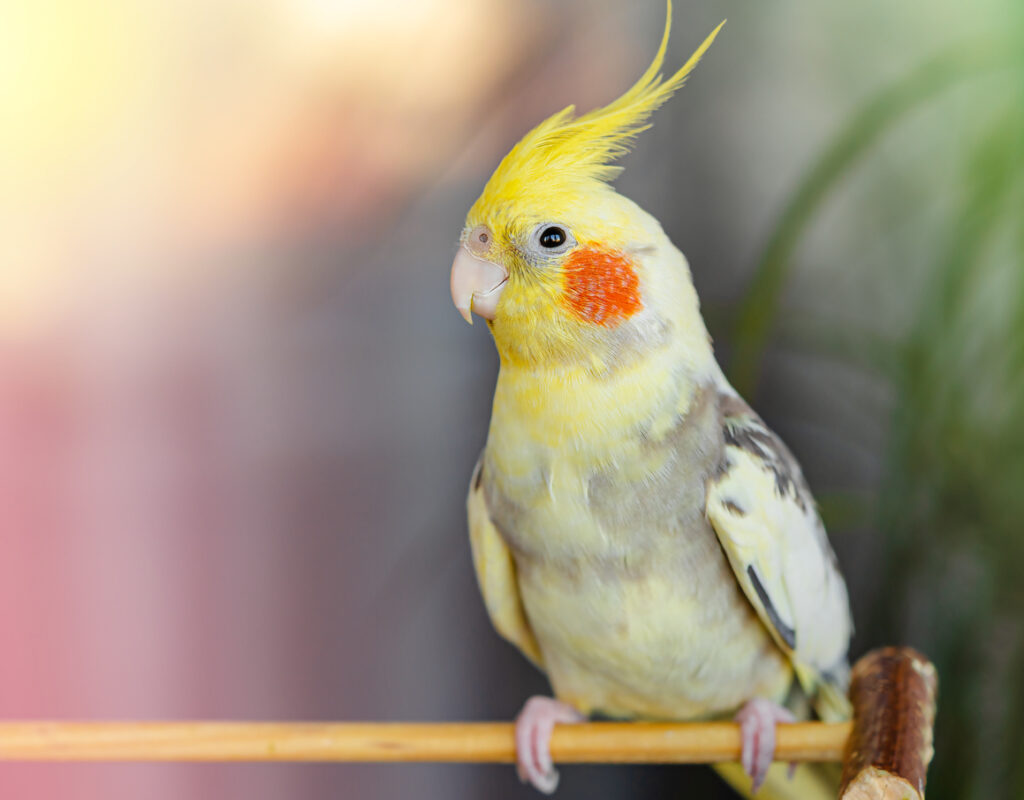
These birds are like toddlers that never grow up. They’re loud, demanding, and form deep bonds with their people. If left alone too long, they can develop problems like feather plucking or depression. They need proper space to fly, toys that challenge their brains, and regular attention. And they live for decades—some longer than their owners. Getting one of these birds isn’t just a pet choice—it’s a life commitment.
Sphynx cats
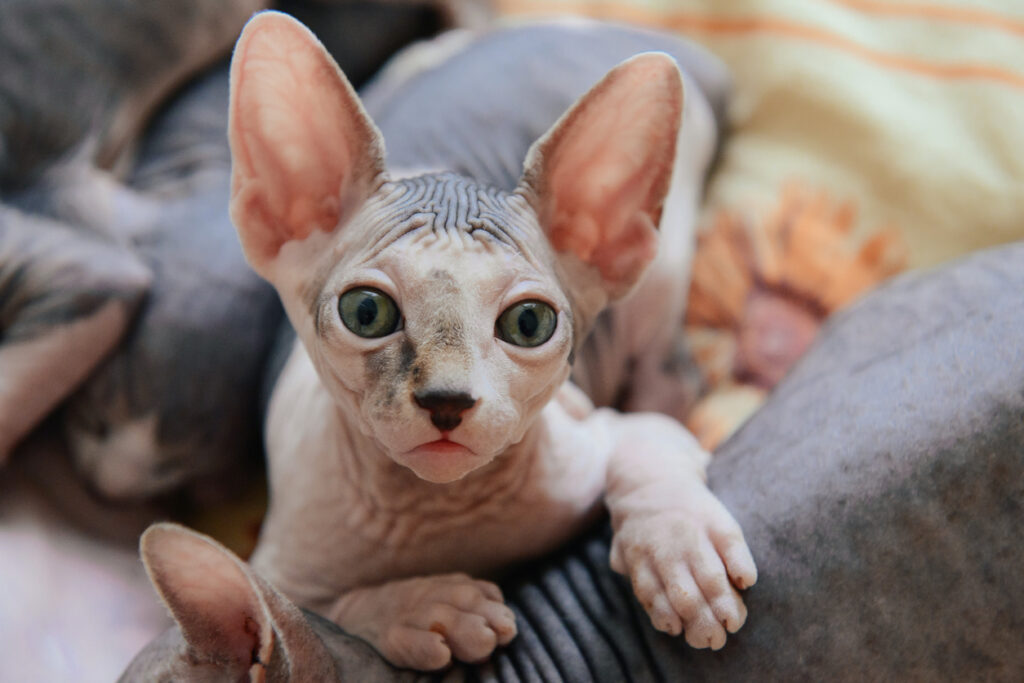
You’d think a hairless cat would be easier to manage, but it’s actually the opposite. Sphynx cats need regular baths to stop oil buildup on their skin. Their ears need cleaning, they’re prone to temperature sensitivity, and they often have ongoing skin conditions. They’re also extremely needy in terms of attention and affection. You can’t just admire them from a distance—they’ll be on your lap, in your bed, or glued to your side constantly. If you’re after independence, steer clear.
Toy dog breeds (like Chihuahuas or Pomeranians)

Small dogs can be incredibly high-maintenance. They often need help regulating their body temperature, they’re prone to dental problems, and they can be quite anxious or reactive if not trained and socialised properly. Some have breathing issues or fragile bones, which means even playtime needs to be done with care. Don’t be fooled by the size—these dogs need proper attention, routines, and structure, just like any larger breed.
African grey parrots
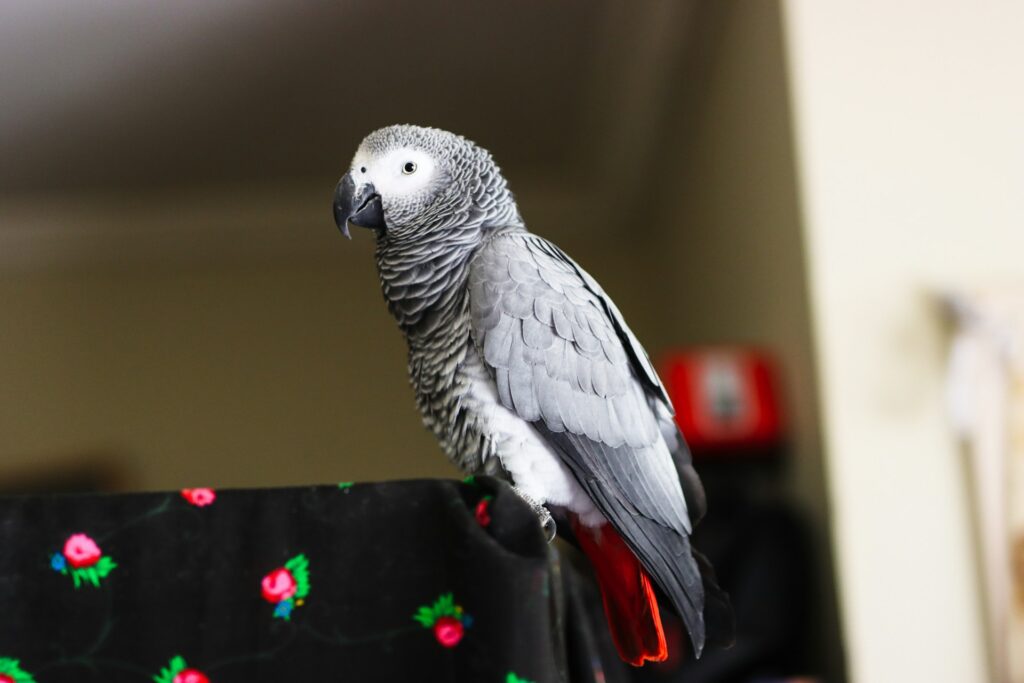
These birds are famously smart—but with that intelligence comes high expectations. African greys are sensitive, often pick up on household stress, and need regular stimulation to stay mentally healthy. They’re prone to anxiety if ignored, and they can get loud or destructive if their needs aren’t being met. They also live for decades and form strong attachments to their people, so rehoming them later on can be distressing for everyone involved. They’re not casual companions—they need to be a proper part of the family.
There’s nothing wrong with choosing a high-maintenance pet—if you’ve got the time, the money, and the energy to give them what they need.
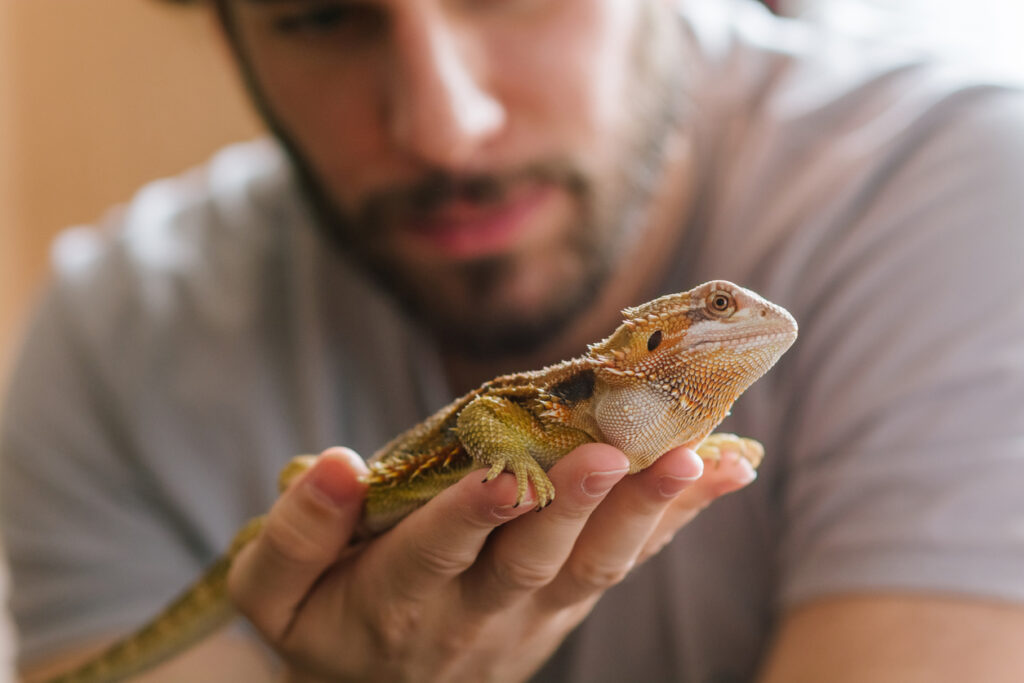
However, it’s easy to underestimate just how much work some pets really are. It’s better to be honest with yourself before making the leap, rather than struggling later on when the reality sets in. Every pet deserves a home that truly suits them—and you deserve one that won’t leave you burnt out or overwhelmed.